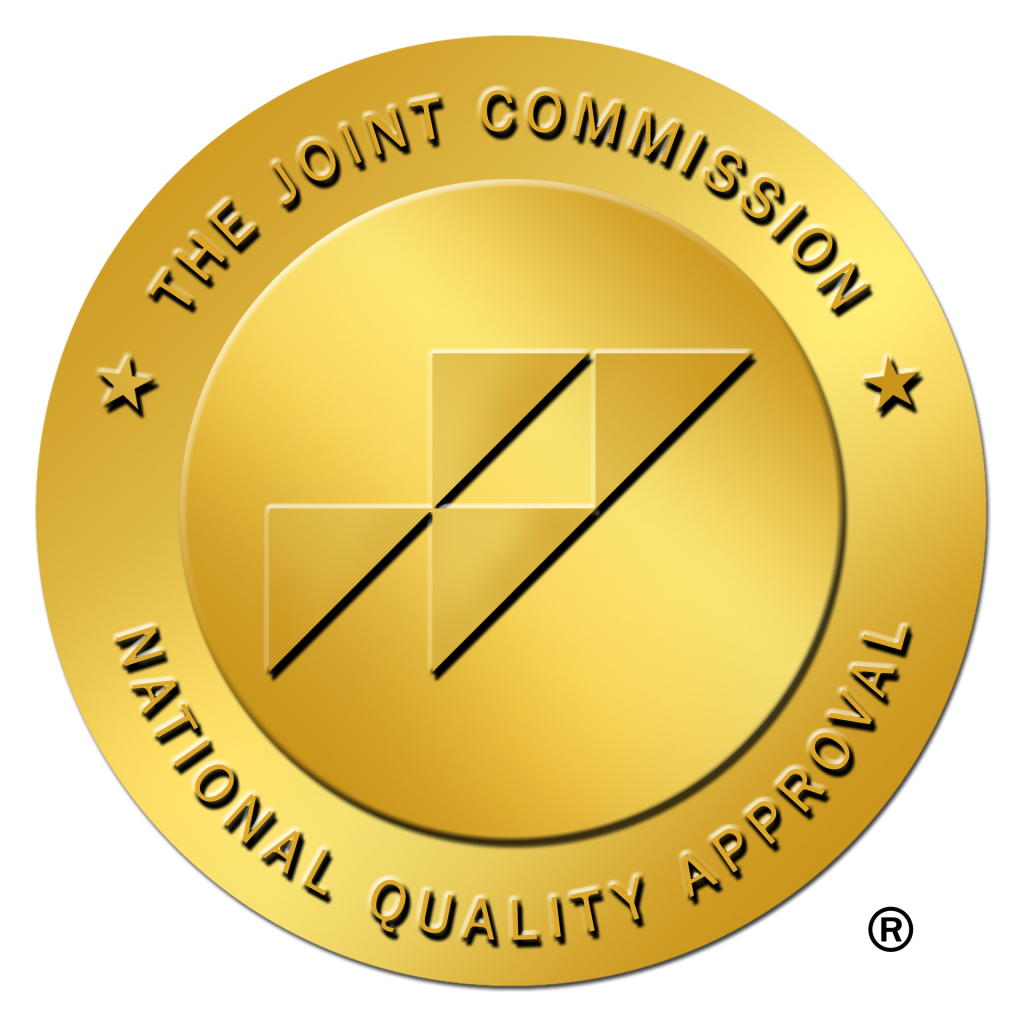Cannabis Use Disorder Treatment NJ
Marijuana Addiction Treatment New Jersey
If you or someone you love is struggling with marijuana dependence, New Chapter Recovery in New Jersey is here to offer hope and healing.
Our addiction rehab center provides specialized treatment programs designed to address both the physical and emotional challenges of substance use. We believe that recovery is a journey, and our compassionate team is dedicated to supporting you every step of the way.
Using evidence-based therapies and a holistic approach, we create personalized treatment plans that focus on your unique needs. Whether you’re seeking support for yourself or a loved one, our goal is to guide you toward long-term recovery and a brighter, healthier future.

Don’t Let Marijuana Addiction Take Any More Of Your Life

Marijuana Addiction Rehab in New Jersey
Our Marijuana Addiction Treatment in NJ
Overcoming marijuana or cannabis use disorder is a deeply personal journey, and there’s no universal solution that works for everyone.
At New Chapter Recovery in New Jersey, we recognize that each person’s experience with addiction is unique. That’s why we take the time to truly listen and collaborate with our clients, designing personalized treatment plans that reflect their individual needs and goals.
Our compassionate team is dedicated to guiding you through every step of your recovery, ensuring you receive the support and care you deserve.
Our marijuana addiction help programs include:
Rehab for Marijuana Addiction in NJ
Why Choose Our Marijuana Addiction Treatment Program in NJ
Overcoming weed and marijuana addiction requires more than just detoxing and getting past the cravings with willpower.
Those struggling with this addiction need mental health support and recovery programs they can carry into their daily lives without fearing relapse.
Our outpatient rehab for cannabis addiction helps our clients with:
- Reducing physical cravings for marijuana
- Reducing mental cravings in marijuana addiction recovery
- Develop a successful relapse prevention plan
- Continue living at home and going to work or school

Call Now To Reach Our
Rehab for Marijuana Addiction in NJ
Don’t wait for weed addiction to take any more of your life from you
Some Of Our Marijuana Addiction Treatment Reviews of Success
EXCELLENT
New Chapter Recovery Will Take You From Hurting To Healing In Four Simple Steps
Phone Consultation
When you call our confidential helpline for marijuana treatment NJ, you will speak with a member of our caring and compassionate staff about your individual needs and discuss treatment options that would work for you.
Insurance Verification
We will verify if your insurance plan covers outpatient services for substance abuse and addiction treatment at our facility or we will help refer you to one of our close partner outpatient treatment facilities in New Jersey.
Program Intake
You meet with one of our licensed professionals to create a tailored treatment plan specifically for your needs that will help you heal and get back to life while beginning to build relationships with our caring and compassionate staff.
Relapse Management
We work together on your successful outpatient program, helping you heal before receiving your outpatient recovery program certificate. With continued alumni programs and support groups you are always part of our family!
Why Choose
New Chapter Recovery?
If you need marijuana addiction treatment in NJ, we will help you make the next chapter of your life the best chapter of your life… So far!
Professional Medical Staff
Our staff are fully and dually licensed for substance use in our iop programs and more.
Recovery Community
At New Chapter Recovery we are dedicated to treating everyone who walks in our doors like family.
Addiction Treatment While Living At Home
Intensive treatment at our cannabis treatment center in New Jersey helps our clients in their continuum of care when leaving residential treatment, or if they are not at the level of substance use needing inpatient services at a residential treatment center.
Marijuana Addiction Treatment Program Frequently Asked Questions
Is cannabis addiction physical or psychological?
Cannabis addiction is primarily psychological but can include mild physical dependence. Cravings, irritability, and sleep disruptions are common symptoms. Long-term use can create strong behavioral habits that require structured therapy to change.
What happens when you stop smoking marijuana?
When you stop using marijuana, your body and brain begin adjusting to the absence of THC. You may experience symptoms like irritability, sleep issues, anxiety, or cravings in the first week. These symptoms typically peak within a few days and improve over time with support and routine.
How much marijuana is too much?
There’s no universal amount that defines “too much,” but frequent use – especially daily or high-THC consumption – can increase the risk of dependence, cognitive impairment, and mental health issues. If marijuana use starts to interfere with your responsibilities, relationships, or emotional well-being, it may be a sign of problematic use. Tolerance, cravings, and failed attempts to cut back are also red flags.
How long does it take to get clean if you smoke every day?
For daily users, THC can remain in the body for several weeks, depending on metabolism, body fat, and frequency of use. Most people test clean within 2–4 weeks, but traces can linger longer. Withdrawal timelines vary, and supportive care can ease the process.
What are the side effects of long-term marijuana use?
Long-term marijuana use can lead to memory problems, decreased motivation, difficulty concentrating, and impaired learning. It may also contribute to mood changes, anxiety, or worsening symptoms of depression in some individuals. Physically, prolonged use can affect lung health if smoked, and may impact heart rate and appetite regulation. In some cases, it can lead to cannabis use disorder, requiring professional support to stop.
What are the stages of quitting marijuana?
Quitting marijuana usually involves several stages: initial withdrawal, emotional adjustment, and long-term habit change. Early on, symptoms like insomnia or anxiety may occur. As time progresses, individuals often focus on coping strategies and rebuilding healthy routines to prevent relapse.
